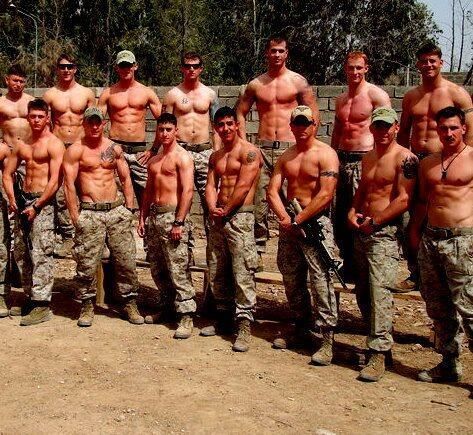- Veterans Day (Armistice Day)
Veterans Day, known originally as Armistice Day, is observed annually on November 11 to honor military veterans in the United States and marks the anniversary of the armistice that ended major hostilities in World War I on November 11, 1918.
History
The original Armistice Day commemorated the cease-fire that took effect at “the eleventh hour of the eleventh day of the eleventh month” in 1918, ending combat on the Western Front of World War I. In 1919, President Woodrow Wilson declared November 11 as Armistice Day to remember the heroism of those who died in the country’s service and to show gratitude for the victory and the opportunity for peace.

While Armistice Day was initially dedicated to honoring veterans of World War I, it evolved after World War II and the Korean War. In 1954, the U.S. Congress renamed the holiday Veterans Day, broadening its scope to honor all American veterans, living and deceased, who served in the nation’s armed forces.
Other countries similarly observe November 11, but under different names and with somewhat different focuses:
In the Commonwealth nations (such as the UK and Canada), it is called Remembrance Day, focusing primarily on honoring those who died in military service during the world wars.
Many European countries retain the title Armistice Day, with formal ceremonies to mark the end of World War I.
Observances
Customary observances include parades, ceremonies, and moments of silence—often held at 11 a.m.—while American flags are displayed on government buildings. In the U.S., it is a legal public holiday, and schools and local organizations often hold educational and commemorative events highlighting veterans’ contributions and the importance of peace.
A Male Perspective
From a male perspective, Veterans Day is experienced as a deeply personal reflection on service, sacrifice, camaraderie, and duty to country. Many male veterans speak of the day as a time to honor the bonds formed during service—connections that are likened to brotherhood, forged in shared hardship and a collective sense of mission.
For many men, Veterans Day is both somber and prideful, recalling the challenges of deployment, loss of comrades, and the pride of having served something larger than oneself.
The day often brings back memories that are difficult to express—horrors of combat, sacrifices made by families at home, and the sense of responsibility to protect and lead.
Veterans Day is also a reminder of the cost of service, not just in physical risk, but in missed milestones and family events back home.
The camaraderie and brotherhood experienced in the military are central themes, as many male veterans reflect on their platoons as lifelong brothers, even decades after service.
Veterans Day prompts male veterans to reflect on their role as protectors and their acceptance of risk, often motivated by personal values, historical family service, or the example of fathers and grandfathers who served before them.
For some, the holiday is an affirmation of purpose—serving as proof that they answered the nation’s call when it mattered, even as the details and trauma are often kept private out of respect for those who did not return.
The day is also a call to action for supporting mental health and suicide prevention among veterans, a struggle that many recognize as ongoing within their brotherhood.
Veterans Day is seen as a day when male veterans are reminded of their place in a historical continuum—honoring not only their own sacrifices but those of previous and future generations.
Some describe it as an occasion to share war stories, express gratitude for having survived, and remember those who didn’t make it home, recognizing that families also bear the burden of service.
